Apr 29, 2023On average, spider eggs take between one and four weeks to hatch. However, some species may take several months or even years to hatch, especially in colder climates. The hatching process is triggered by a combination of external factors, such as temperature, humidity, and photoperiod, and internal factors, such as embryonic development and
How to make a Spider Egg Sac for Halloween! | Diy halloween spider, Halloween maze, Halloween spider decorations
Spider eggs take up to 3 weeks to hatch and when they do, the babies will settle nearby before venturing further. In some species, spider babies will eat their mother for nourishment. Prevent eggs by preventing spiders. The key to keeping spider eggs and egg sacs from being an issue is keeping spiders from setting up camp in the first place.
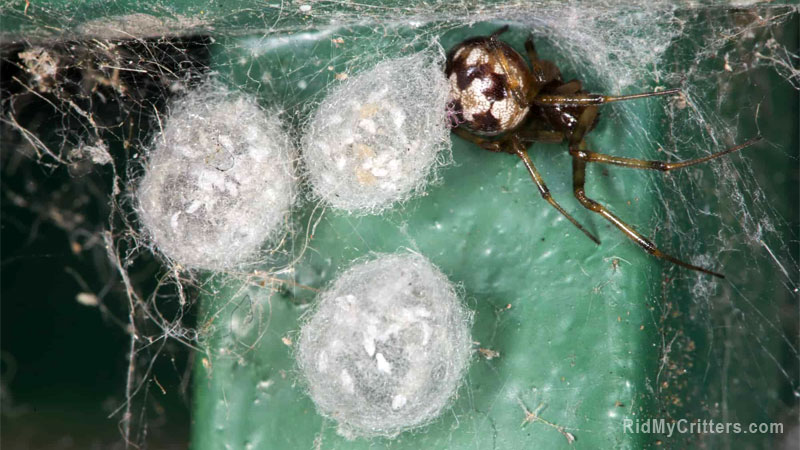
Source Image: ridmycritters.com
Download Image
Spider eggs generally take a few weeks to hatch, although some spiders in temperate regions will overwinter in the egg sac and emerge in spring. In many spider species, the mother guards the egg sac from predators until the young hatch. Other species will place the sac in a secure location and leave the eggs to their own fate.

Source Image: shutterstock.com
Download Image
Spider Eggs in Plant Soil | Do This – Home Soils Most spiders have a fairly short lifespan, ranging from a few months to a couple of years. But some spiders, such as various female tarantulas, can live as long as 20 years. These spiders lay eggs many times throughout their life, and they molt annually, mainly to replace damaged body parts.

Source Image: realmissolliesoakland.com
Download Image
How Long Does A Spider Egg Take To Hatch
Most spiders have a fairly short lifespan, ranging from a few months to a couple of years. But some spiders, such as various female tarantulas, can live as long as 20 years. These spiders lay eggs many times throughout their life, and they molt annually, mainly to replace damaged body parts. As a general rule, spider eggs hatch within 2 to 3 weeks, depending on the season and the spider species. Typically, egg sacks are either hidden in their web or carried by the female depending on the species. Once the spiderlings emerge from the egg, they’ll stay close to the nest for a few weeks.
Spider Eggs in the House? (Ways to Safely Eliminate)
Spider eggs generally take a few weeks to hatch. Some spiders in temperate regions will overwinter in the egg sac and emerge in spring. In many spider species, the mother guards the egg sac from predators until the young hatch. Other species will place the sac in a secure location and leave the eggs to their own fate. Life Cycle of a Spider | Muddy Faces
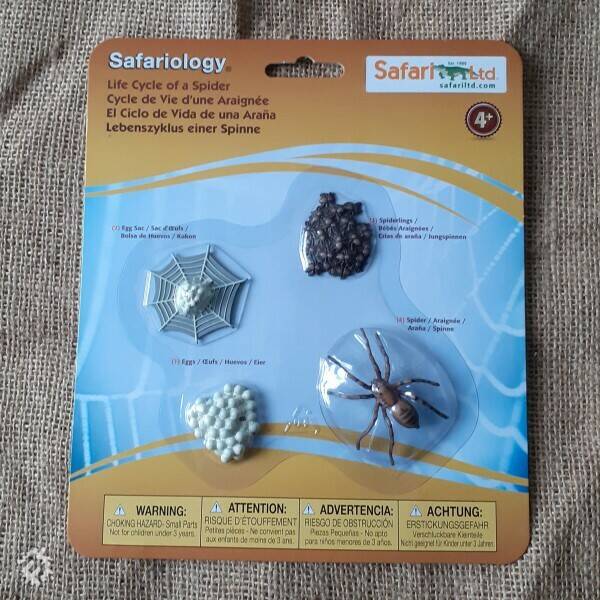
Source Image: muddyfaces.co.uk
Download Image
When Do Garden Spider Eggs Hatch? Spider eggs generally take a few weeks to hatch. Some spiders in temperate regions will overwinter in the egg sac and emerge in spring. In many spider species, the mother guards the egg sac from predators until the young hatch. Other species will place the sac in a secure location and leave the eggs to their own fate.
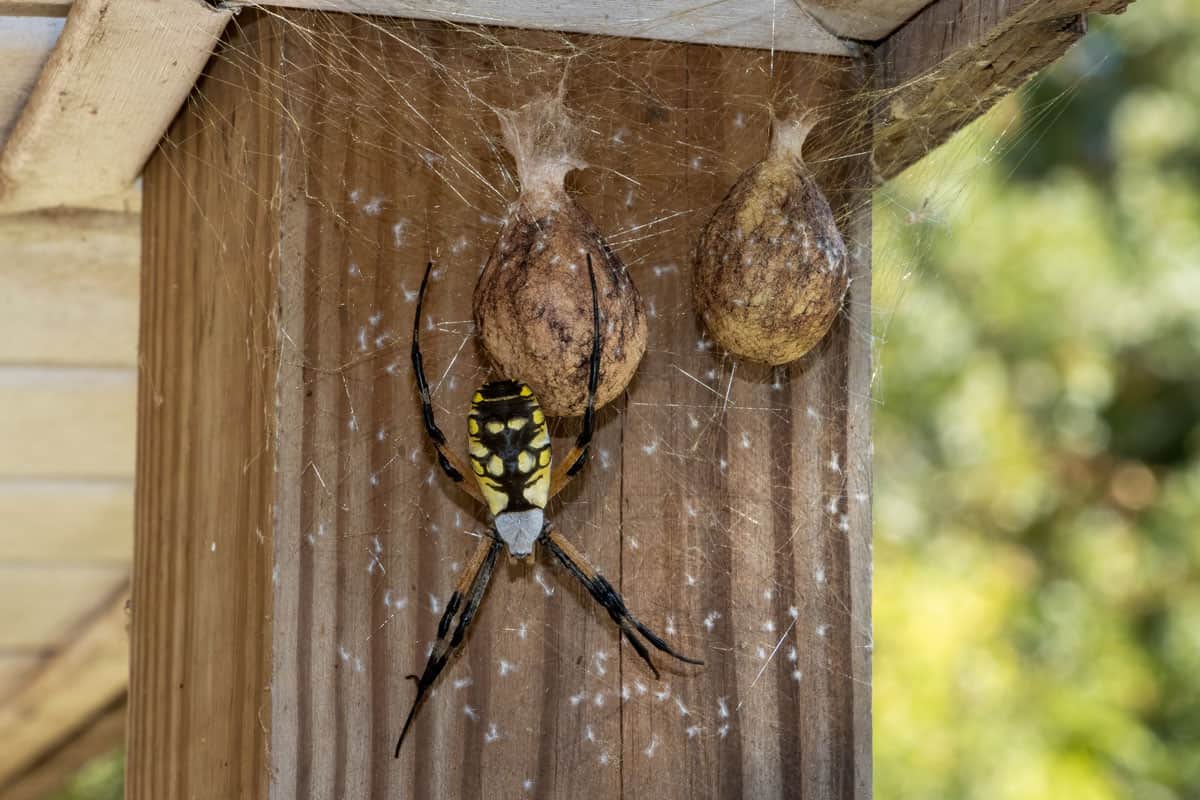
Source Image: gardentabs.com
Download Image
How to make a Spider Egg Sac for Halloween! | Diy halloween spider, Halloween maze, Halloween spider decorations Apr 29, 2023On average, spider eggs take between one and four weeks to hatch. However, some species may take several months or even years to hatch, especially in colder climates. The hatching process is triggered by a combination of external factors, such as temperature, humidity, and photoperiod, and internal factors, such as embryonic development and

Source Image: pinterest.com
Download Image
Spider Eggs in Plant Soil | Do This – Home Soils Spider eggs generally take a few weeks to hatch, although some spiders in temperate regions will overwinter in the egg sac and emerge in spring. In many spider species, the mother guards the egg sac from predators until the young hatch. Other species will place the sac in a secure location and leave the eggs to their own fate.

Source Image: homesoils.com
Download Image
What is the scientific name for the small purple egg-laying spider? – Quora Nov 15, 2023Advertisement Spiders coming into your home is a terrifying thing for some people. Even more alarming is finding what you think might be spider eggs! Spiders eggs often mean hundreds more spiders growing and preparing to hatch into or around your home. Some spider species are venomous and cause humans a great deal of pain and distress.
Source Image: quora.com
Download Image
White Tail Spiders: The Ultimate Guide Facts and Myths Most spiders have a fairly short lifespan, ranging from a few months to a couple of years. But some spiders, such as various female tarantulas, can live as long as 20 years. These spiders lay eggs many times throughout their life, and they molt annually, mainly to replace damaged body parts.
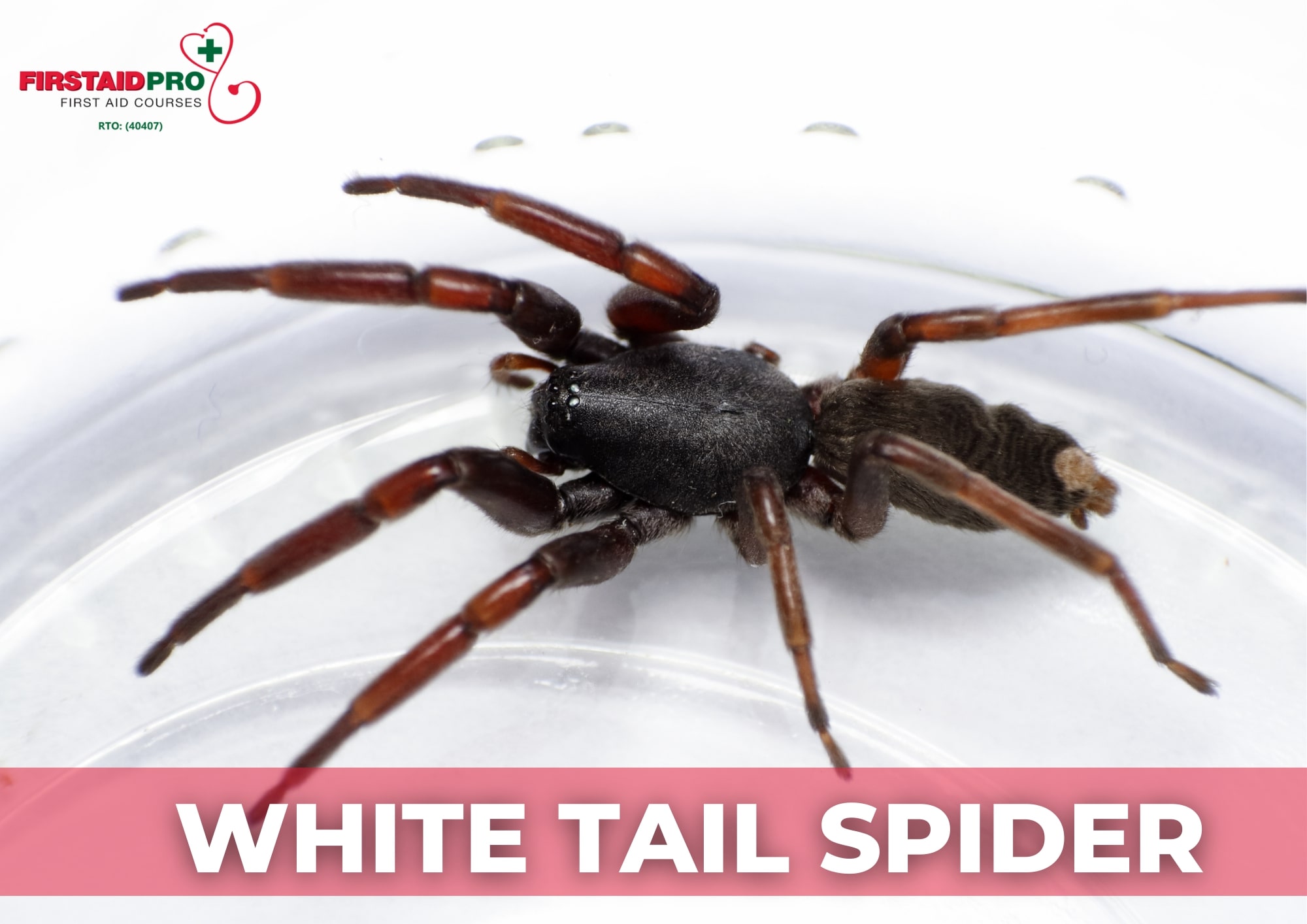
Source Image: firstaidpro.com.au
Download Image
How Long Do Spiders Live – Spider Life Cycle & Lifespan As a general rule, spider eggs hatch within 2 to 3 weeks, depending on the season and the spider species. Typically, egg sacks are either hidden in their web or carried by the female depending on the species. Once the spiderlings emerge from the egg, they’ll stay close to the nest for a few weeks.
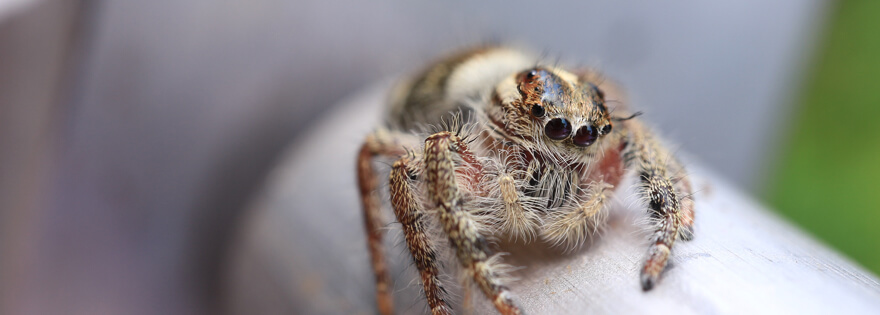
Source Image: earthkind.com
Download Image
When Do Garden Spider Eggs Hatch?
How Long Do Spiders Live – Spider Life Cycle & Lifespan Spider eggs take up to 3 weeks to hatch and when they do, the babies will settle nearby before venturing further. In some species, spider babies will eat their mother for nourishment. Prevent eggs by preventing spiders. The key to keeping spider eggs and egg sacs from being an issue is keeping spiders from setting up camp in the first place.
Spider Eggs in Plant Soil | Do This – Home Soils White Tail Spiders: The Ultimate Guide Facts and Myths Nov 15, 2023Advertisement Spiders coming into your home is a terrifying thing for some people. Even more alarming is finding what you think might be spider eggs! Spiders eggs often mean hundreds more spiders growing and preparing to hatch into or around your home. Some spider species are venomous and cause humans a great deal of pain and distress.